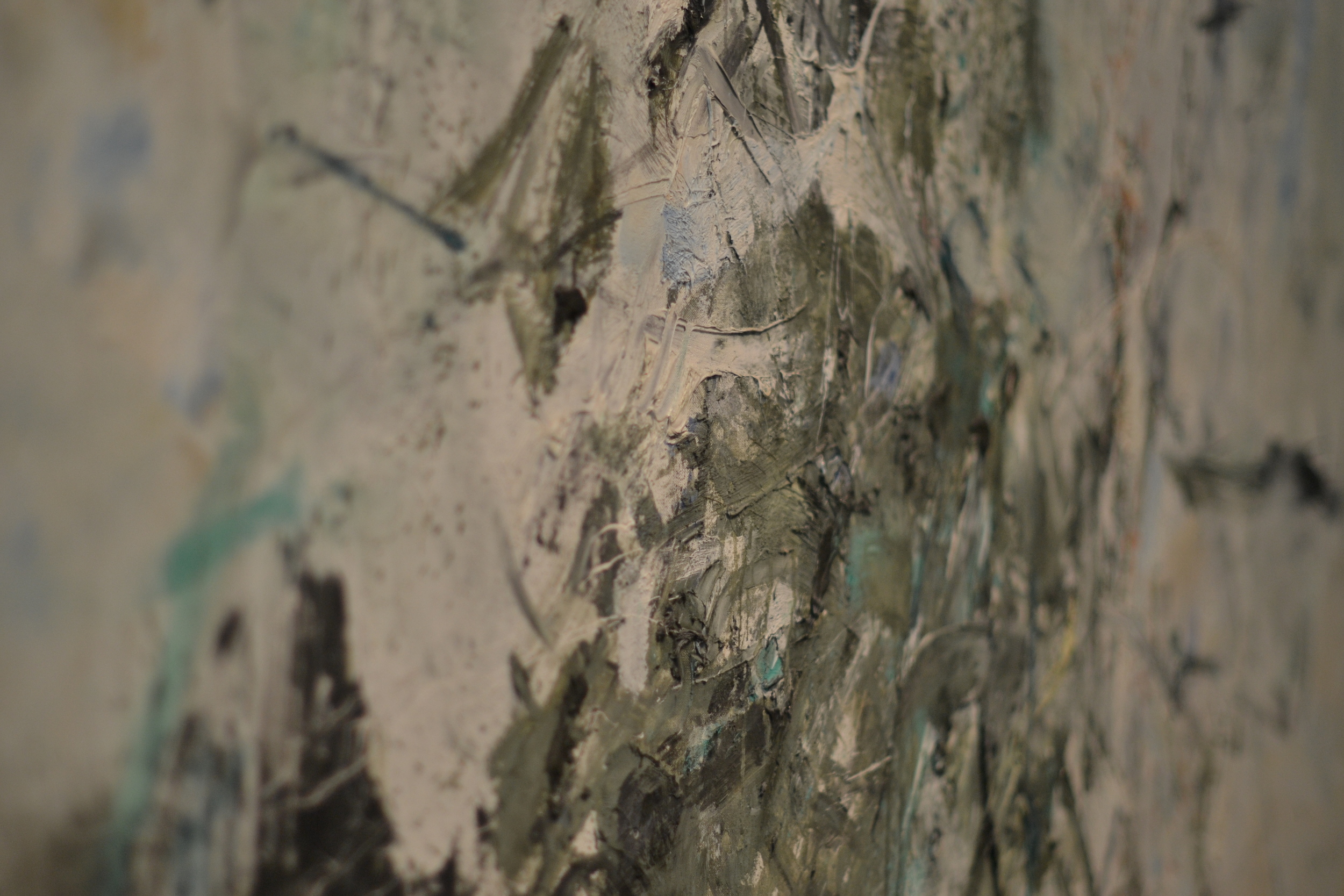Overall, both of my sections went pretty well. It was very effective to start with an activity right off the bat, and push the introductions, syllabus distribution, and other business to the middle. Asking students to talk about the music in pairs or threes really woke the room up, and both classes brainstormed good lists of musical descriptions, and we had good conversations about how we might group those descriptions into categories (technical, emotional, narrative...) and how and why each might be used.
During the introductions, I really enjoyed hearing about my students' eclectic tastes in music (Bulgarian folk music, jazz, minimalism, alongside all manner of pop, broadway, classic rock, Classical, etc.) A very high percentage of my students have significant musical experience (12 yrs of piano here, 10 years of trombone there, preparatory classes at the Manhattan School of Music, etc.), which is sort of interesting in a class that purports to be pitched at students with no musical experience. I wonder if that has to do with self-selection among students filling their "Aesthetic and Interpretive Understanding" requirement (i.e. students with a musical background are flocking to First Nights, while those without are sticking with literature or visual arts), or if it's because this is the only non-majors course offered this semester (Music 1, a more straightforward 'music history' class, might have in the past drawn off many of the serious musicians). When a student in my Tuesday afternoon section asked me if he could stay in the room to practice piano because he had a coaching on the Franck Violin Concerto in three hours, I knew this was not going to be an ordinary music appreciation course.
The opening activity and intros/course business took longer than anticipated, leaving only 15 minutes in one section and 20 in the other. Asking the students to talk about some of the questions they had answered for homework was where things bogged down a little bit. There was no shortage of interesting points ranged, but I felt like there wasn't enough "cross-talk," enough discussion. Student talks to me, I talk back. Another student talks to me, I talk back. That's what I had really been hoping to avoid. I may have to remove myself more: perhaps resolve not to say anything in response, or perhaps get better at making students answer one another's questions. I did a bit of that, but it was difficult, since many of the questions that arose near the end of section were related to the course, and only I could answer them - how to access the recordings online, etc.
Overall, I'm reasonably happy with it, but there's significant room for improvement. Energy was good, participation was good, but I'd like to see a lot more, and more complex, discussion, and more interaction between students, rather than me serving as a proxy.
